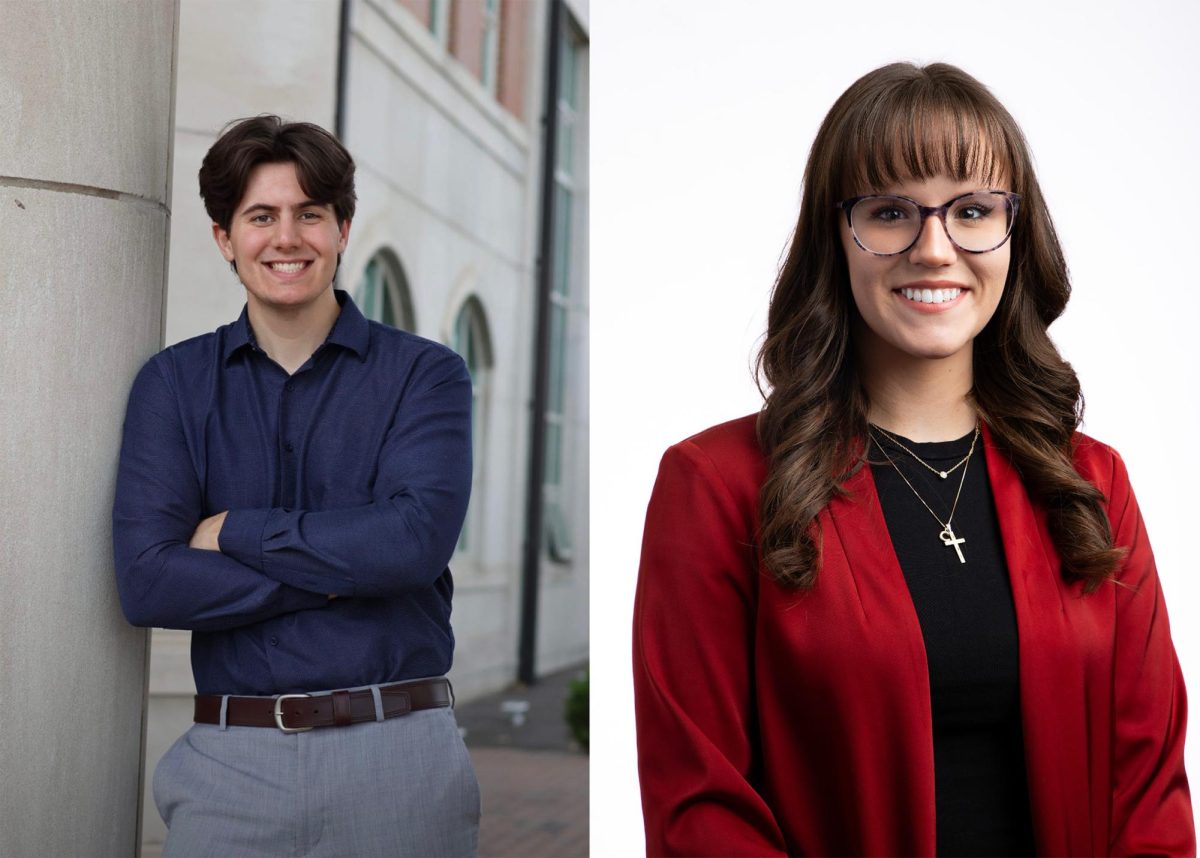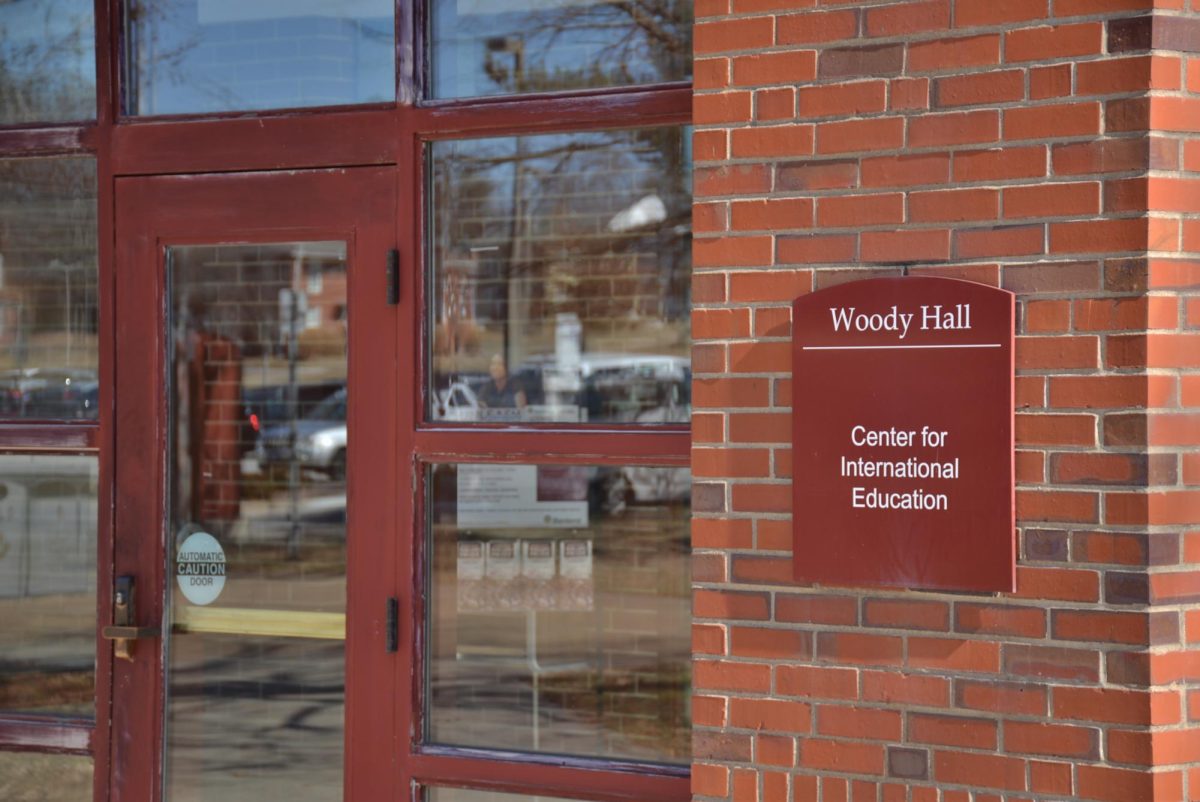Big Muddy documentaries talk social issues
February 25, 2015
Last year, news about Michael Brown and Eric Garner, both black men killed by police officers, dominated headlines.
While these men are now dead, questions concerning black masculinity and police brutality date further back than the 21st century and still remain today.
The documentary features placing first and second for the John Michael’s Award at the 37th annual Big Muddy Film Festival thoroughly address both of these touchy topics.
Advertisement
The first place winner, “Finding the Gold Within,” directed by Karina Epperlein, follows the story of six men from a youth program in Akron, Ohio, called The Alchemy Project.
Alchemy’s mission is to help adolescent males in urban areas become leaders and develop a sense of purpose in life by telling stories. These stories then help them understand and transform their situations, she said.
Epperlein spent nearly four years familiarizing herself with Alchemy and the six protagonists of the film.
“I wanted to get very close to these young men, if possible, because we don’t know who they really are,” she said.
The film aims to confront media portrayals of young black men, Darby said. She said they are either glorified as stars in music and sports or condemned as criminals.
“I thought it would be so amazing to show something real that debunks all of that imagery that is so hurtful, so painful and you could say that keeps racism in place,” she said.
Epperlein said as an artist, she is very intimate in collaborating with her subjects.
Advertisement*
Brandyn Costa, one of the protagonists of the film, said letting Epperlein into the group’s inner circle was extremely personal.
“We had to essentially become secure with a complete stranger coming into our lives exploring every piece and every detail,” he said. “Specifically the darker sides of our lives and… the trials and tribulations of racism, financial strife, criminal charges and broken family issues.”
Though personal, Costa said the process was not difficult.
“It seemed that it was almost aligned in the stars for this to come,” he said. “Every step along the way, the pieces just fell into place. Everything was just so harmonious.”
Costa said he and Epperlein formed a strong bond during the filmmaking process.
“She ended up becoming one of my best friends,” he said. “Or as I like to say, one of my angels because every step along the way she’s been there providing guidance.”
Costa and two other protagonists will be available for a question and answer panel following the film’s screening at 3 p.m. Saturday at the Black History Museum in University Mall.
The second place film, “Arresting Power,” directed by Jodi Darby, Julie Perini and Erin Yanke, addresses instances of police brutality in Portland, Ore.
Darby said the film started as a project they created in 2012, “Safe and Sound,” which was a 58-minute looping narrative about five high profile murders performed by the Portland police.
“The stories were sort of a response to the practice of mainstream news criminalizing people that are killed by the cops,” she said.
Darby said they spoke with victims’ families to humanize them in the film, rather than demonize them like the mainstream media had done.
Another purpose of the film was to confront people’s utopian perception of Portland, Darby said.
“It’s kind of this ‘Portlandia’ attitude that, ‘Oh Portland is so safe and everyone is so happy,’” she said. “It actually isn’t like that.”
Perini added an experimental flare to “Safe and Sound,” Darby said.
She said Perini took 16 millimeter film and scratched, like stone rubbing, the textures of the sidewalks and parking lots where the murders occurred. The footage was then superimposed onto photographs of the same scenes.
“These places where these horrific incidences have taken place are very mundane,” she said. “It’s the gas station. It’s the house on the corner. It’s a parking lot, but all these places are locations of trauma.”
Darby said the film received a great amount of positive response, which prompted them to create their first feature length documentary. She said while working on the film, they wanted to emphasize the history behind the issue.
“A lot of times when you see movies about police violence or any kind of social injustice they leave you feeling horrible,” she said. “We didn’t want to make that movie. We wanted to pay respect to decades of resistance that wasn’t readily available to the mainstream public.”
Darby said they interviewed Blank Panthers, community members and activists. They also incorporated archival photos and newsreels from the 1960s through the 1980s of protests, press conferences and city council meetings.
She said finding the archival footage was a turning point for the film.
“It was too good not to use,” she said. “It really draws a direct line between the past and the present and the idea that these people have been fighting, and they are still fighting, and nothing has changed at all.”
“Arresting Power” will be screened at 3 p.m. Friday at the Student Center Auditorium.
Admission is free for all students with a student ID. Day passes can be purchased for $4, and festival passes for $15. The complete festival schedule can be found at bigmuddyfilm.com.
Marissa Novel can be reached at MNovel@dailyegyptian.com
Advertisement








